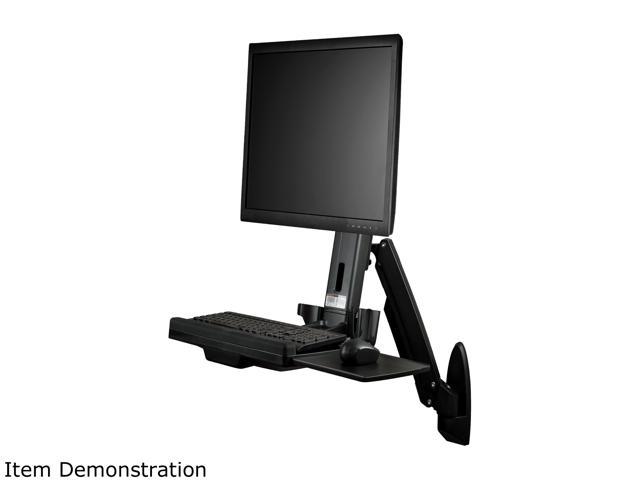The Internet of Things (IoT) refers to the evolution of the internet as the interconnection not just of computers, but also uniquely identifiable, pervasive embedded devices. Research has estimated there will be nearly 30 billion devices on the Internet of Things within the next decade. The implementation and deployment of the IoT brings with it management challenges around seamless integration, heterogeneity, scalability, mobility, security, and many other issues. This book explores these challenges and possible solutions.
Topics covered include topology control for building scalable energy efficient IoT; a survey of wireless sensor network operating systems; concepts, designs and implementation of wireless sensor network operating systems; OSIRIS - a framework for sensor-based monitoring systems; modeling and tracing events in RFID-enabled supply chains; a new clone detection approach in RFID-enabled supply chains; participatory sensing networks - a paradigm to achieve IoT applications; market structure analysis of the economics of IoT; and IoT and big data applications for urban planning and building smart cities.
This book is essential reading for researchers in academia and industry developing IoT technologies - an interdisciplinary area that brings together researchers in telecommunications, sensor networks, computing and security.















